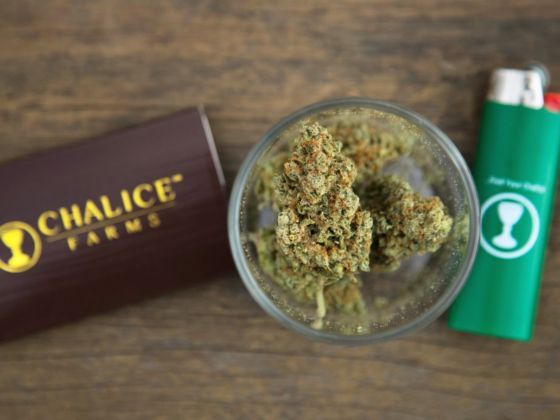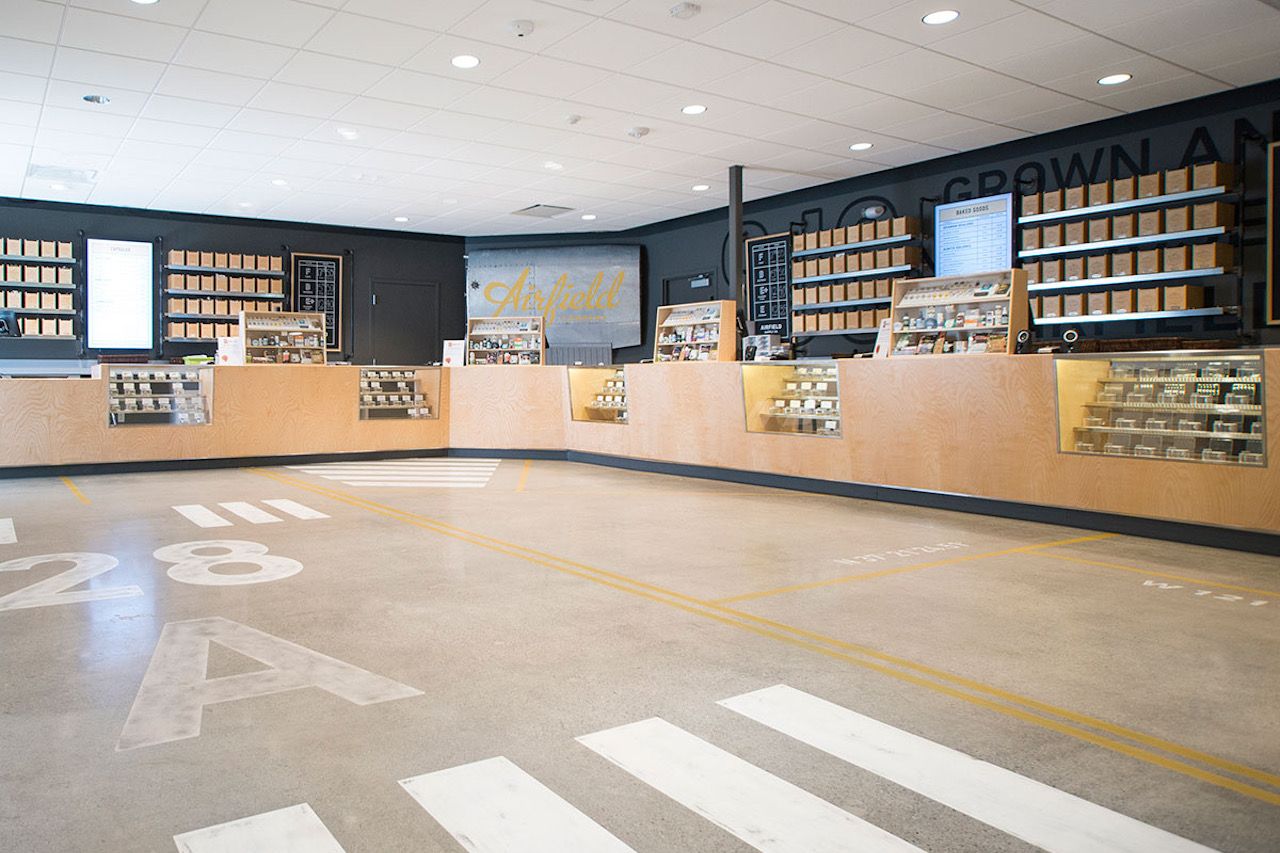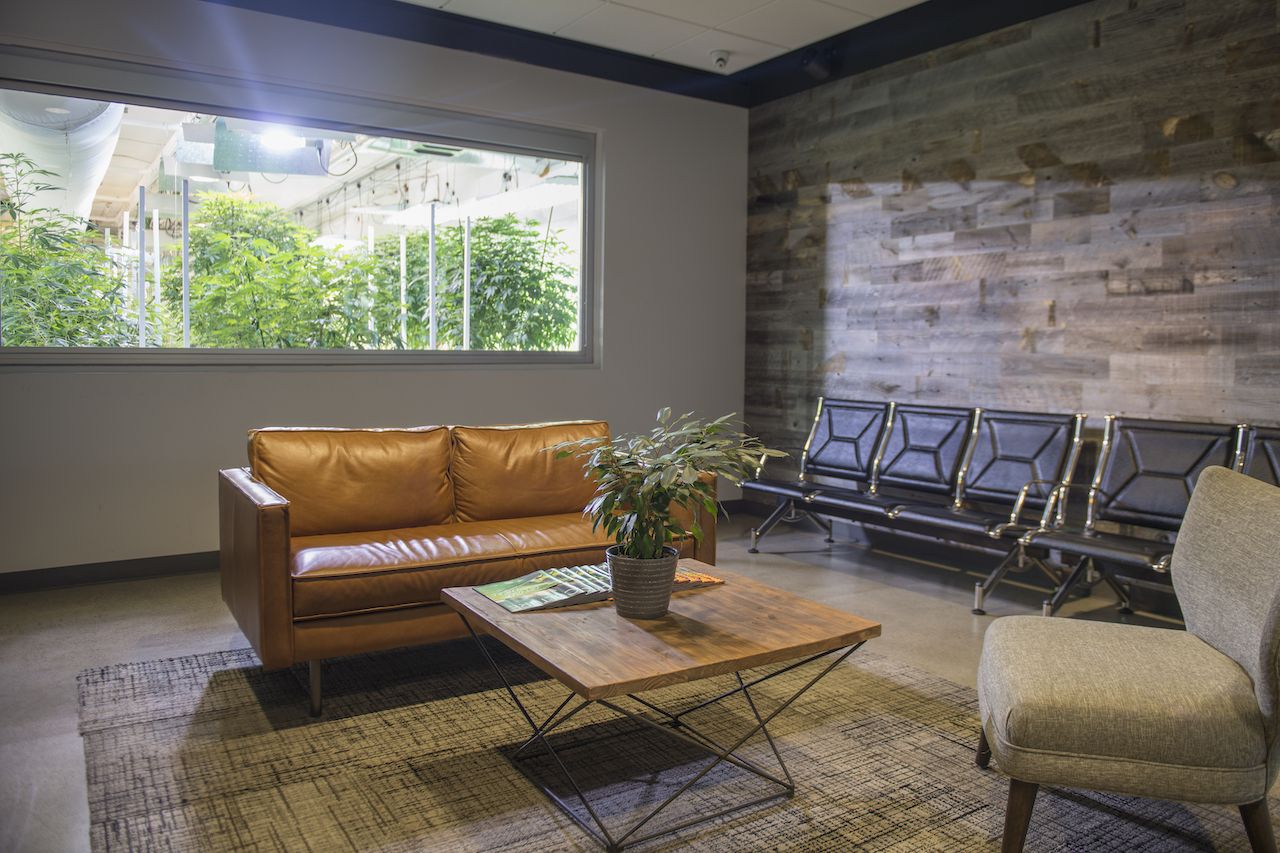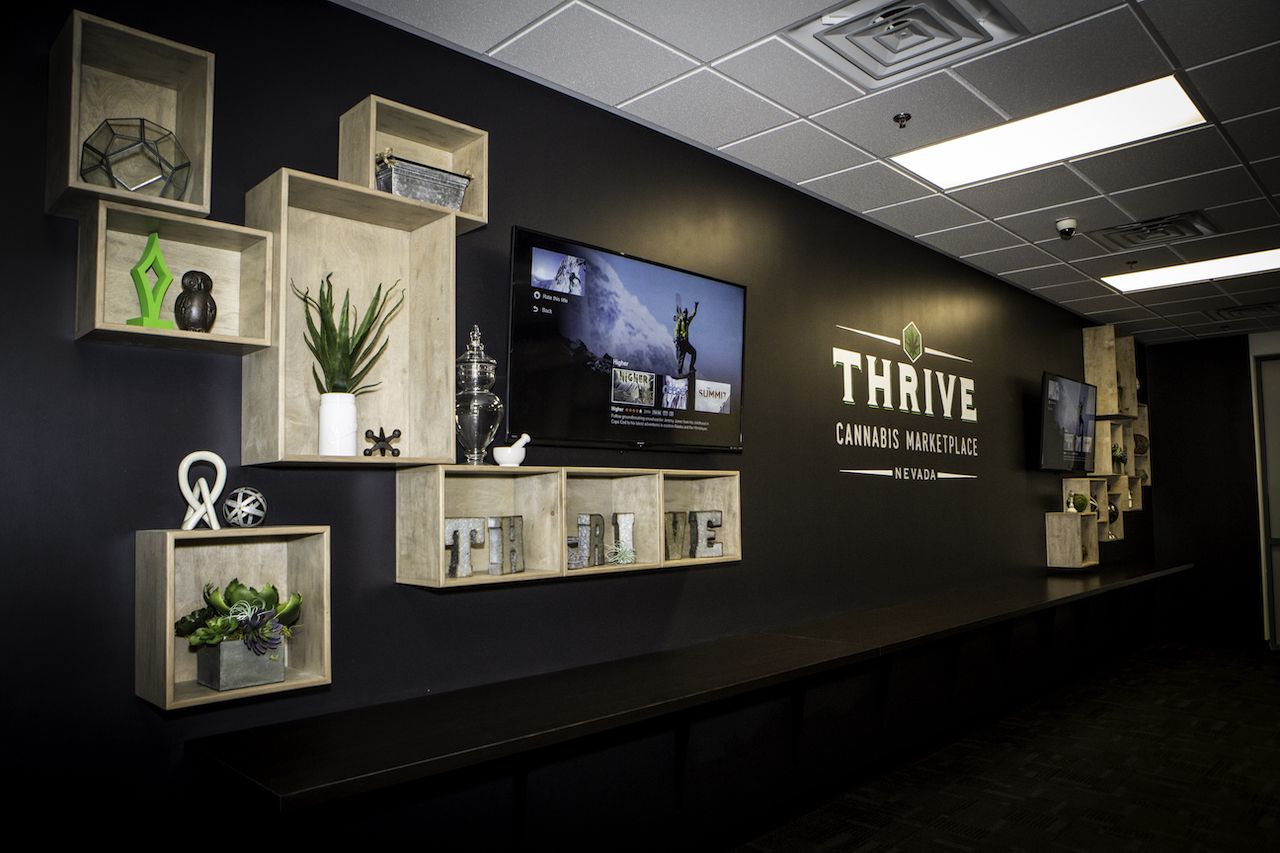Cannabis dispensaries and grocery stores usually don’t have much in common. The same can be said for dispensaries and delivery warehouses, or dispensaries and wastewater treatment plants. But in the era of COVID-19, one common thread ties these service locations together: They’ve all been deemed essential.
Of the nine states with legal cannabis in the United States, all but Massachusetts have kept recreational dispensaries open. The number of dispensaries that have remained open is much higher when you take into account medicinal dispensaries, which by and large are being treated the same as pharmacies. That’s not to say it’s business as usual, though: Nevada only allows delivery, while Michigan has limited sales to delivery and curbside pickup. Life as an essential business during a global pandemic is also, by many accounts, busier.



